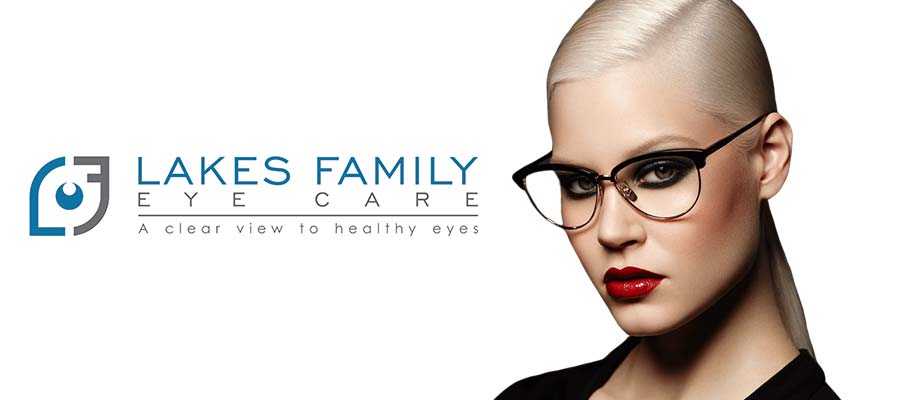Board Certified Optometrist Serving Coral Springs Florida
Are you searching for a board certified eye doctor near Coral Springs, FL? Dr. Maria Briceno Martin at LakesEyeCare.Com would like to invite you to our family practice
Are you looking for a board certified eye doctor near Coral Springs, FL? If you are! There is a good chance that you will do what the majority of families in Coral Springs do! They go to Google seeking the best eye doctor in Coral Springs. If you belong to this group it is crucial to point out that many studies show that individuals looking for Optometrist Near Me That Accept Medicaid more often than not end up with lesser quality service than those whose seek out for referrals from neighbors. This is because today many of Coral Springs optometrist count on Reputation Management agencies to provide them with fake reviews. One thing you can’t fake is qualifications and that is what Dr. Maria Briceno Martin at Lakes Eyecare bring to the table. People from all walks of life in both Dade and Broward County come to see her because they anticipate getting nothing but the best a optometrist in or near Coral Springs, FL can offer! And if you have not see an optometrist lately perhaps it is time you do so.
Should You Have An Eye Exam
If you want to keep your eyes as healthy as you can, you are going to want to spend money and time in routine eye exams. Below, we will be going over some info that you should think through when getting your eye exam; who you should see, and when it must be done. Below are some points to contemplate.
- Individual Health History – Just about the most important things that it is advisable to consider if you are deciding whether or not to have an eye exam and what sort of eye test, can be your family members history. You want to add in your family health history when you are trying to puzzle out whether or not to get one because a lot of eye conditions and diseases can be passed from genetation to generation. If your family has a record of eye diseases, you are at increased risk for one.
- Problems Seeing – In case you are having trouble seeing, whether it’s daytime or nighttime, you will need to get an eye exam done. This way, it will be easy to understand what is causing your eyesight to get blurry. This can be something you should be taking very seriously as it could become worst if left unattended.
- How Old You Are – The older you get, the more likely you are going to have some eye troubles which will need to be resolved.While more and more kids are discovering their eyesight deteriorating whether because of the excessive hours spent on mobile devices or something else, you are generally going to need to go to the optometrist much more often as you age. People who are between 18 and 60 needs to have a minimum of one eye exam every 2 years. But, the ones that are 61 and older must have an annual eye test.
- Prior Eye Injuries – One more major thing that you must consider with regards to figuring out if it’s worth getting a test is if you have a history of eye injuries which could leave you vulnerable to eye degeneration.
Who Could Examine You?
You can find different types of eye care pros that you could choose from. Below, we are going to be laying out ways to determining the person you should see.
- Optometrists – This is normally who you must see if you have moderately healthy eyesight and you only need simple corrections and modifications like glasses, contact lenses, and more. They will likely be effective at detecting eye diseases as well, nevertheless they will not likely be skilled or licensed to perform surgery.
- Ophthalmologists – These are generally medical doctors that specialize in particular eye care and will be accredited and taught to conduct eye surgery of a particular nature. They may also be more appropriate to deal with many types of eye diseases and conditions.
- Opticians – They will not be medical doctors. They may be eye care pros who have been proficient at fitting glasses.
Overall, there is a lot that you should be considering when you are planning to get your eyes looked at. Ideally, you must have them looked at regularly and periodically. If you are someone who has a specific condition or maybe you are at higher risk for a specific degenerative eye condition, you will need to increase your visits and be much more frequent. when it is all said and done we only have one set of eyes and it is important that we take care of it! For additional info about how can an optometrist help you please, check out at our blog where we talk about thing like Complete Eye Care. And if you haven’t gone to see your Coral Springs optometrist lately contact us. We’ll like to show you why people who seek the best eye doctor in Coral Springs are not satisfied with nothing but the best…


